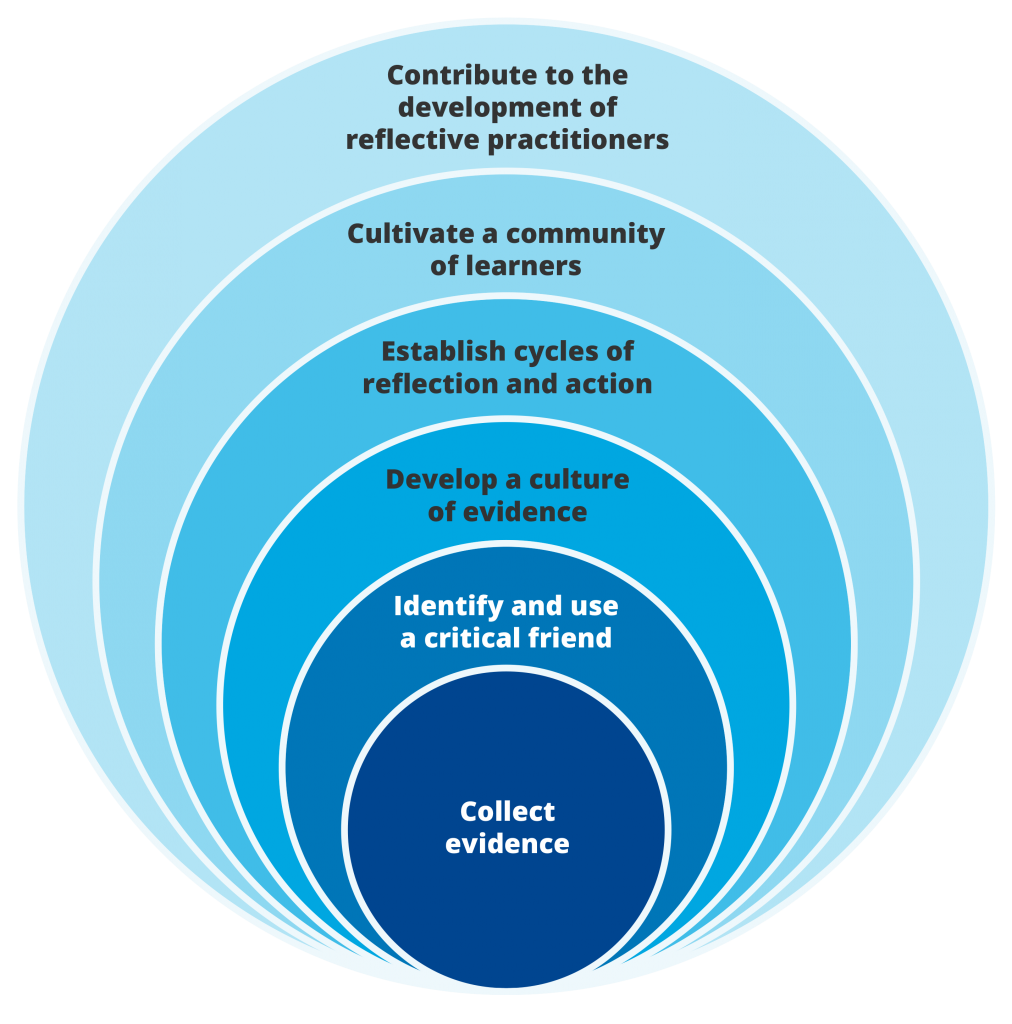
Empowerment Evaluation
Empowerment evaluation is a stakeholder involvement approach that incorporates the evaluation of performance and goal accomplishment in the planning and management process of an organization.22,23 This tool has two streams: the practical and transformative that are guided by theories such as empowerment theory, self-determination theory, process use, and theories of use, and action theory.22
The practical stream reflects on productivity and performance with the focus on problem solving and resilience. Another stream offered by this tool is the transformative evaluation. This stream highlights the psychological, social, and political power of straying away from an organization’s traditional way of doing things. A critical principle while using this tool is a constant cycle of reflection and action to evaluate the state of an organization based on evaluation findings. The reflection and action cycles are most beneficial when established into the planning and management of the program.
The empowerment evaluation follows 10 principles to guide leaders in making decisions that are inclusive and are in alignment with the aims of each stream. Additionally, this method has mutually reinforcing stages of evaluation that encourage empowerment throughout the organization.
PRINCIPLES
- Improvement: help people improve program performance
- Inclusion: invite involvement, participation, and diversity
- Democratic participation: open participation and fair decision making
- Social justice: address social inequities in society
- Capacity building: enhance stakeholder ability to evaluate and improve planning and implementation
- Organizational learning: apply data to evaluate and implement practices and inform decision making
- Community knowledge: respect and value community knowledge
- Community ownership: value and facilitate community control
- Evidence-based strategies: respect and use both community and scholarly knowledge
- Accountability: emphasize outcomes and accountability
Source: Guiding principles for empowerment evaluation
Wandersman et al., 2015.
